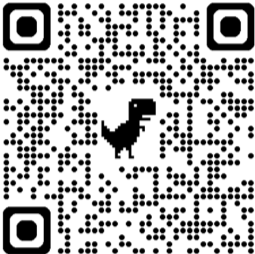Unit 4 Discourse and Skills Bingo
Test your knowledge of Discourse and Skills terminology.
Create multiple-choice games on Wisc-Online and play them on our Chakalaka mobile app!
But that's not all! Explore educational games created by others. Simply search by category or enter agame code number and dive into a world of learning and fun.
Download the Chakalaka mobile app here:

Topics of this game:
- A type of referent that refers back to something earlier in a text.
- Reading and listening that can be done outside class.
- A type of referent that refers to things outside the text.
- A type of grammatical cohesion which omits unnecessary words.
- A type of discourse with distinctive and recognisable patterns.
- A type of knowledge about the world and types of text.
- Processing that utilises background knowledge for understanding.
- Processing which builds meaning from small units to larger ones.
- A type of referent that refers forward.
- Closely studied reading and listening done in class with clear aims.
- Speaking or listening with a clear goal e.g. to discover information.
- The use of language where the primary purpose is social.
- The use of language where the primary purpose is communication.
- Knowledge of grammar, lexis and sounds to help understand text.
- The repetition of a structure used for emphasis.
- This refers to the replacement of items e.g. with ‘so’, ‘do’ or ‘one’.
- Processing that utilises both world and linguistic knowledge
- A sequence of two related utterances. The second is a predictable.
- Additional contextual information is needed to understand items.
- Working out something which is not explicitly stated.
- Communication with a social function only and no informative value.
- Linking without co-ordinating or subordinating conjunctions.
- What is said by one person before or after another begins to speak.
- Participants dealing with misunderstanding etc. during discourse.
- Different varieties of language used in different contexts.
User comments are currently unavailable. We apologize for the inconvenience and are working to restore this feature as soon as possible.

